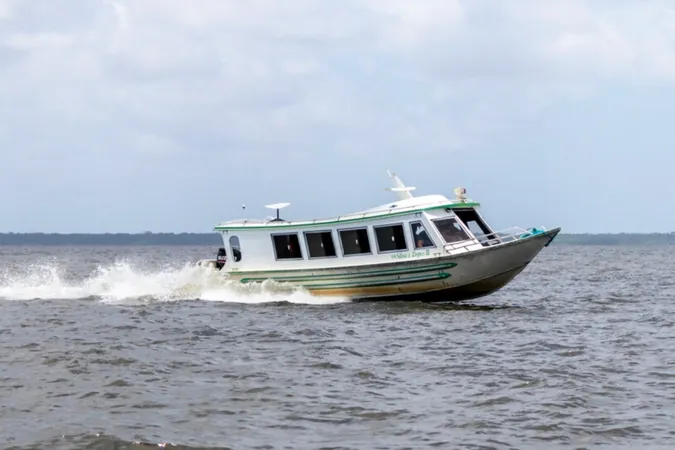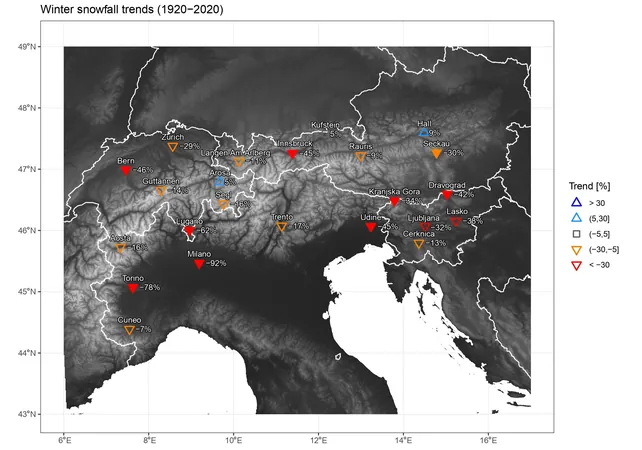
Brazilian Regulators Raise Alarms Over Starlink's Growing Monopoly in Satellite Internet
2024-12-02
Author: Wei Ling
The Competition Conundrum
As it stands, Starlink currently operates 4,400 satellites over Brazilian skies and is seeking approval to launch an additional 7,500 satellites. This aggressive expansion strategy has solidified its position as the predominant player in Brazil’s satellite broadband sector, boasting an impressive 56 percent market share as of the third quarter of 2024. Such domination not only raises questions about fair competition but also about the long-term sustainability of space utilization.
Wider Implications for Brazil's Digital Landscape
The expansion of Starlink and its significant market share could hinder initiatives aimed at cultivating a diverse broadband ecosystem in Brazil. Anatel's apprehensions stem from the potential to stifle emerging competitors and deter new entrants into the market, which is pivotal for driving innovation and improving service offerings for consumers. Moreover, with Brazil's aim to increase internet accessibility, particularly in rural and underserved areas, a Starlink monopoly could limit options for quality service and drive prices higher, ultimately affecting consumers.
Global Context: A Tidal Wave of Similar Concerns
Brazil is not alone in grappling with the implications of satellite internet monopolies. Worldwide, regulatory bodies are beginning to scrutinize similar scenarios, recognizing that the proliferation of satellite services must be balanced with sustainable practices and equitable market competition. As countries navigate the complexities of a new digital frontier, the actions of regulators like Anatel will be crucial in shaping the landscape of satellite internet and setting precedents that could apply to emerging technologies globally.
Conclusion
In summary, as Starlink's ambitions loom large over Brazil's telecommunications terrain, the ongoing deliberations by Anatel will be pivotal in determining the future of satellite internet in the nation, ensuring that it remains a space conducive to competition, innovation, and sustainability. As the situation unfolds, all eyes will be on Brazil to see how it manages this unprecedented challenge.




 Brasil (PT)
Brasil (PT)
 Canada (EN)
Canada (EN)
 Chile (ES)
Chile (ES)
 España (ES)
España (ES)
 France (FR)
France (FR)
 Hong Kong (EN)
Hong Kong (EN)
 Italia (IT)
Italia (IT)
 日本 (JA)
日本 (JA)
 Magyarország (HU)
Magyarország (HU)
 Norge (NO)
Norge (NO)
 Polska (PL)
Polska (PL)
 Schweiz (DE)
Schweiz (DE)
 Singapore (EN)
Singapore (EN)
 Sverige (SV)
Sverige (SV)
 Suomi (FI)
Suomi (FI)
 Türkiye (TR)
Türkiye (TR)